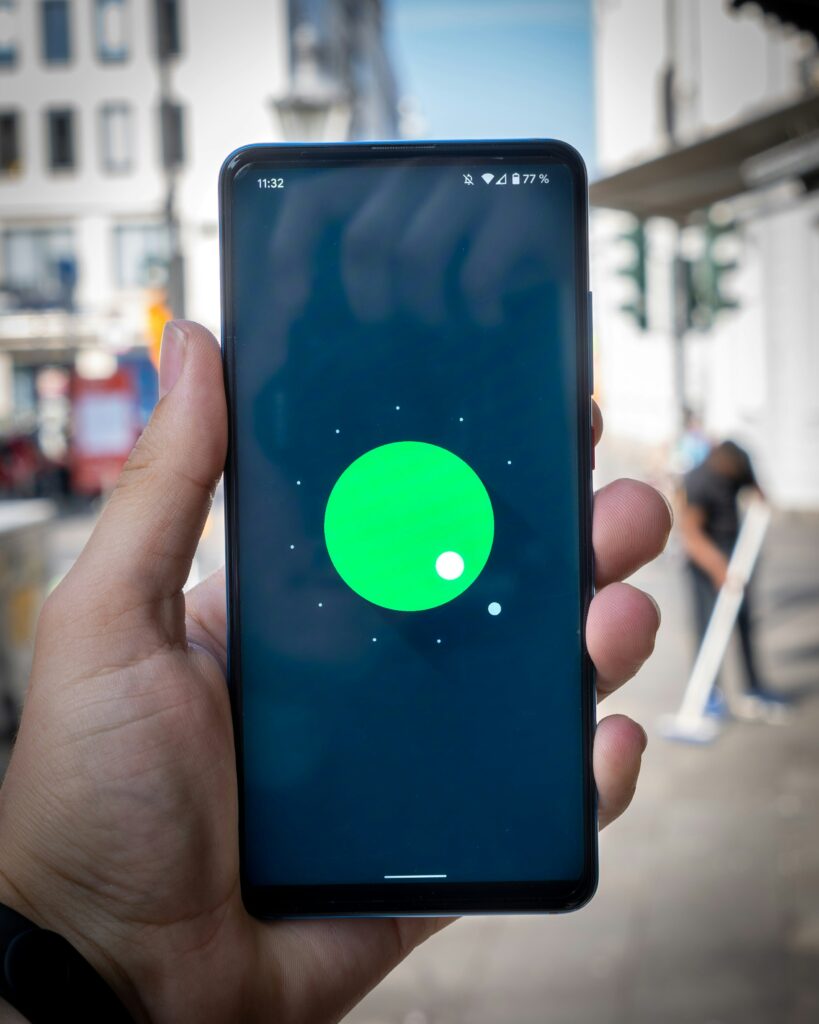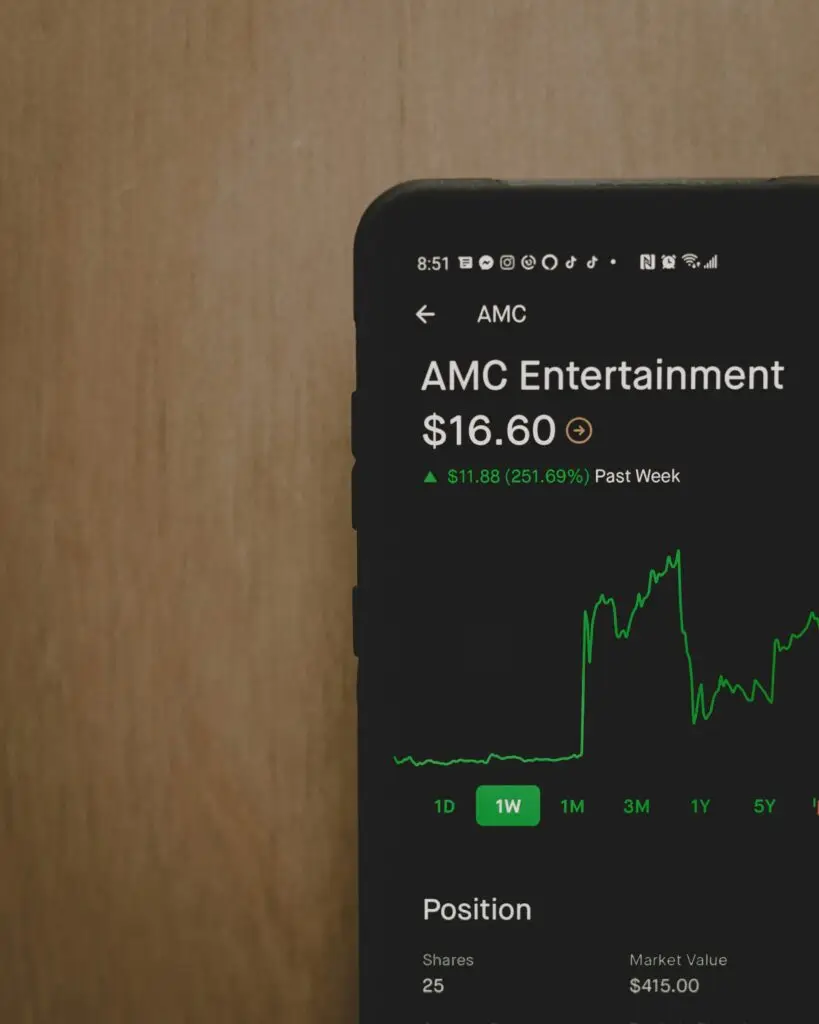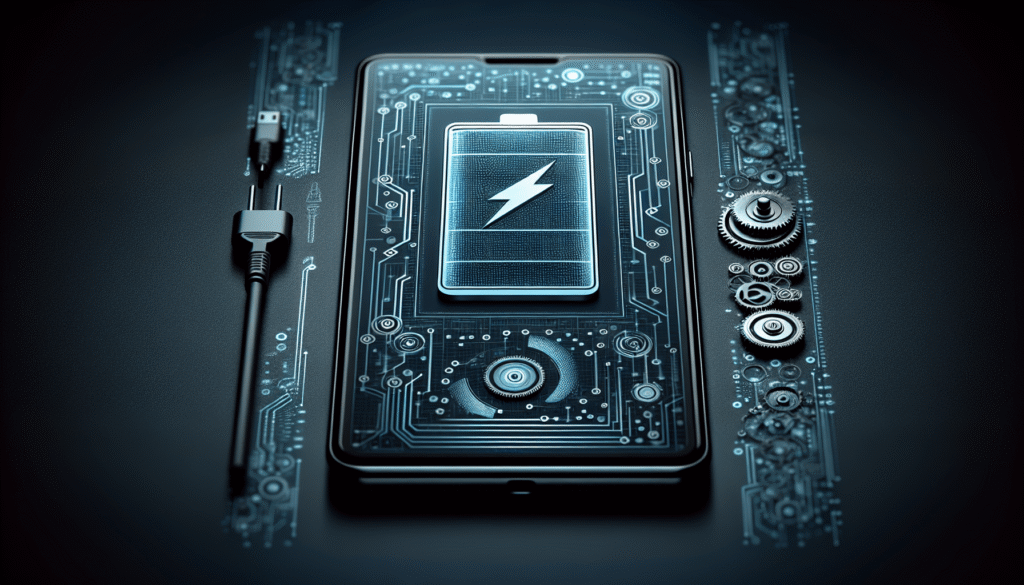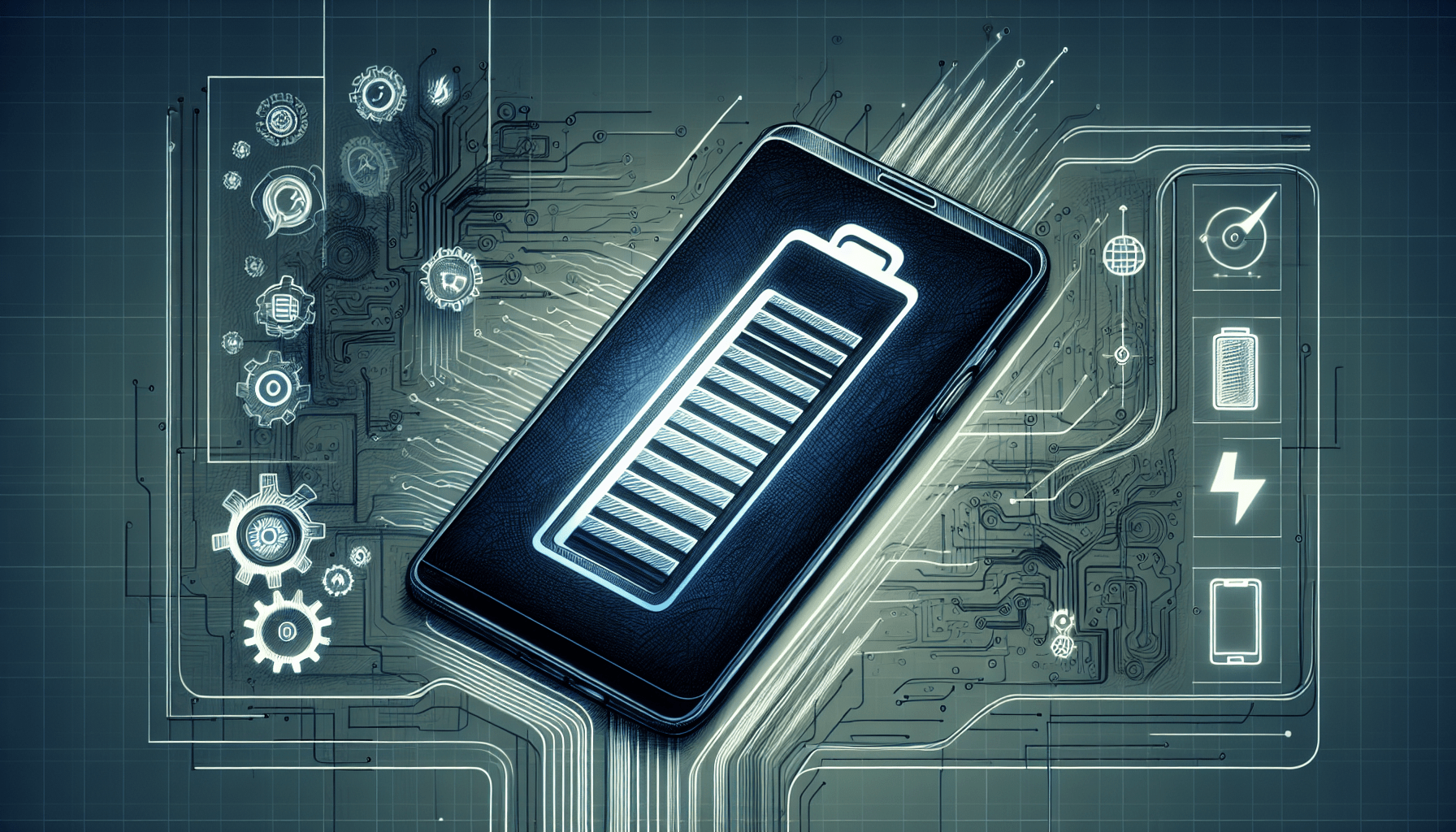Have we ever considered how much we rely on our smartphones and how often we find ourselves searching for a charger? It’s almost as if our devices are designed to need constant power. But what if there’s a way technology, specifically artificial intelligence (AI), could help improve our smartphone battery life? Let’s unpack this compelling intersection between AI and our everyday tech.

Understanding Smartphone Battery Life
Smartphone battery life is something that affects all of us. We depend on our devices for communication, entertainment, navigation, and so much more. Battery performance directly impacts how we use our phones.
What Affects Battery Life?
Several factors influence how long our smartphones can last on a single charge:
- Screen Brightness: The brighter the screen, the more energy it consumes.
- Background Apps: Applications running in the background can drain battery life significantly.
- Network Connection: Poor connectivity can lead to higher battery consumption as the device struggles to maintain a connection.
- Age of the Battery: Over time, batteries lose their ability to hold a charge effectively.
Understanding these factors is essential for optimizing usage, but what role does AI play amid all of these elements?
The Role of AI in Battery Management
Artificial Intelligence has made remarkable strides in various fields, and smartphone battery management is no exception. But how exactly does AI contribute to prolonging battery life?
Smart Resource Allocation
AI enables smartphones to allocate resources intelligently. By analyzing our usage patterns over time, AI can determine which apps we use most frequently and optimize the device’s performance accordingly.
Example of Resource Allocation:
| Usage Pattern | AI Response |
|---|---|
| Frequently using social media | Reduces background activity of less-used apps |
| Regularly watching videos | Keeps the screen brightness optimal and limits notifications |
With AI’s ability to understand our habits, it can manage battery resources to enhance longevity.
Adaptive Battery Technology
Many modern smartphones come with an “adaptive battery” feature. This AI-driven technology learns which apps we use the most, minimizing battery power for lesser-used apps.
How Adaptive Battery Works:
- Learning Patterns: The AI analyzes our daily routine and identifies usage times for each app.
- Optimizing Power Drain: When an app is not actively used, the AI restricts the app’s background activity, conserving energy.
- Dynamic Adjustments: If we suddenly start using an app more, the AI can adjust back to give it the necessary resources.
This proactive approach helps strike a balance between performance and battery conservation.
Machine Learning for Battery Optimization
Machine learning, a subset of AI, focuses on improving battery life by learning from user behavior and device performance. Essentially, it’s like having a personal assistant that gets better over time.
Predictive Analysis
Machine learning algorithms can predict battery life based on our usage. For instance, if we routinely drain our battery by a certain percentage by 5 PM, the phone learns this trend and provides predictive warnings or suggestions to extend battery life.
Practical Implementation:
- Notifications: The device might suggest we charge the phone before heading out if it predicts a low battery by that time.
- Dynamic Adjustments: Machine learning allows for real-time adjustments to screen brightness or background operations based on these predictions.
Through predictive analysis, we can make informed decisions about our power usage.
AI and Energy-Saving Features
All smartphone manufacturers aim to maximize battery efficiency, and AI plays a crucial role in this aspect. Many modern devices now boast numerous energy-saving features that utilize AI.
Dark Mode
An increasingly popular feature among users is the “Dark Mode.” Interestingly, AI assesses where we use our phones the most and adjusts the interface to save power, especially on OLED screens.
Benefits of Dark Mode:
- Reduced Power Consumption: Dark pixels consume less energy, extending battery life.
- Eye Strain Reduction: Dark mode is not only better for the battery; it also decreases eye strain in low-light conditions.
By leveraging AI, our phones can automatically adjust the display settings based on the environment or time of day.
App Management
Many operating systems have begun incorporating AI algorithms to manage apps more efficiently. This includes background app restrictions, notifications management, and more.
Customized App Management:
| Feature | AI’s Role |
|---|---|
| Unused App Restrictions | Monitors app use and restricts background functions of infrequently used apps. |
| Notification Management | AI sorts notifications, prioritizing based on usage patterns. |
Our smartphones can become better companions through this intuitive management, ultimately prolonging battery life.

Battery Health Monitoring
Another fascinating application of AI is in monitoring battery health. Maintaining our battery well can significantly extend its life, and AI tools can help us with that.
Real-Time Battery Monitoring
Mobile operating systems often include features that monitor battery health. With the help of AI, we can get real-time insights into battery performance, allowing us to adjust our usage accordingly.
Key Insights:
- Charge Cycles: The AI tracks how many times the battery goes through a full charge cycle, offering recommendations for optimal charging habits.
- Health Notifications: If the battery starts losing its capacity, the AI can notify us to seek replacements or to adjust our usage habits.
By understanding the current state of our battery, we can take proactive steps that avoid quick depletion.
Future Innovations in AI for Battery Life
As technology continues to evolve, the relationship between AI and battery life will undoubtedly grow stronger. While we’ve touched on some current applications, what does the future hold for AI in extending smartphone battery life?
Advanced Algorithms
Future smartphones may use even more sophisticated algorithms for optimization. As AI becomes more adept at recognizing patterns, battery management could become seamless—almost intuitive.
Potential Developments:
- Contextual Awareness: Future models may incorporate contextual data, adjusting battery settings depending on location, time, and activity.
- Server-Side Learning: As machine learning evolves, devices may become capable of learning from data from other devices in real-time to optimize individual performance.
With continued advancements, we may soon find ourselves with devices that manage our battery life with an entirely new level of precision.

The Balance of Power Consumption and Performance
It’s crucial to recognize that while AI helps extend battery life, it must also balance performance. After all, we expect our smartphones to perform efficiently while preserving power.
User Customization
AI can assist in providing recommendations, but maintaining a certain level of user customization is vital. Each user’s preferences are unique, and our needs may vary based on context.
Custom Features:
| User Preference | AI Adjustment |
|---|---|
| High-performance gaming | Allows full performance, drains battery faster yet offers customizable battery-saving features when needed. |
| Content consumption (videos) | Adjusts brightness and limits background activity for other apps. |
By allowing customization, AI lends itself to creating a more personalized user experience while keeping battery longevity in mind.
Challenges Ahead
Although AI has paved the way for significant advancements in battery solutions, certain challenges remain.
Algorithm Limitations
Current AI algorithms may be limited by their understanding of long-term user behavior. They might take a while to adapt to changes in usage patterns unless they are constantly updated.
Dynamic Usage Patterns
With our lives becoming more dynamic each day, the ability for AI to catch up with constantly shifting usage can be a challenge. A feature that works today may not hold up tomorrow.

Conclusion
In our tech-centric lives, smartphones play an integral role, making battery life a pertinent concern. AI has stepped up as an invaluable ally in extending battery longevity, providing smarter management techniques that optimize our power usage.
While challenges remain, the future looks bright. As technology evolves, we will likely see even more sophisticated applications of AI that can enhance our smartphones’ battery life while maintaining performance. Ultimately, we find ourselves at an exciting intersection of technology and longevity, where AI can guide our devices toward enduring performance.
As we continue to adapt to the rapid pace of innovation, let’s remember that while AI enhances our smartphone experience, it’s also our responsibility to use these devices mindfully. After all, the best technology is that which harmonizes well with our lives.

